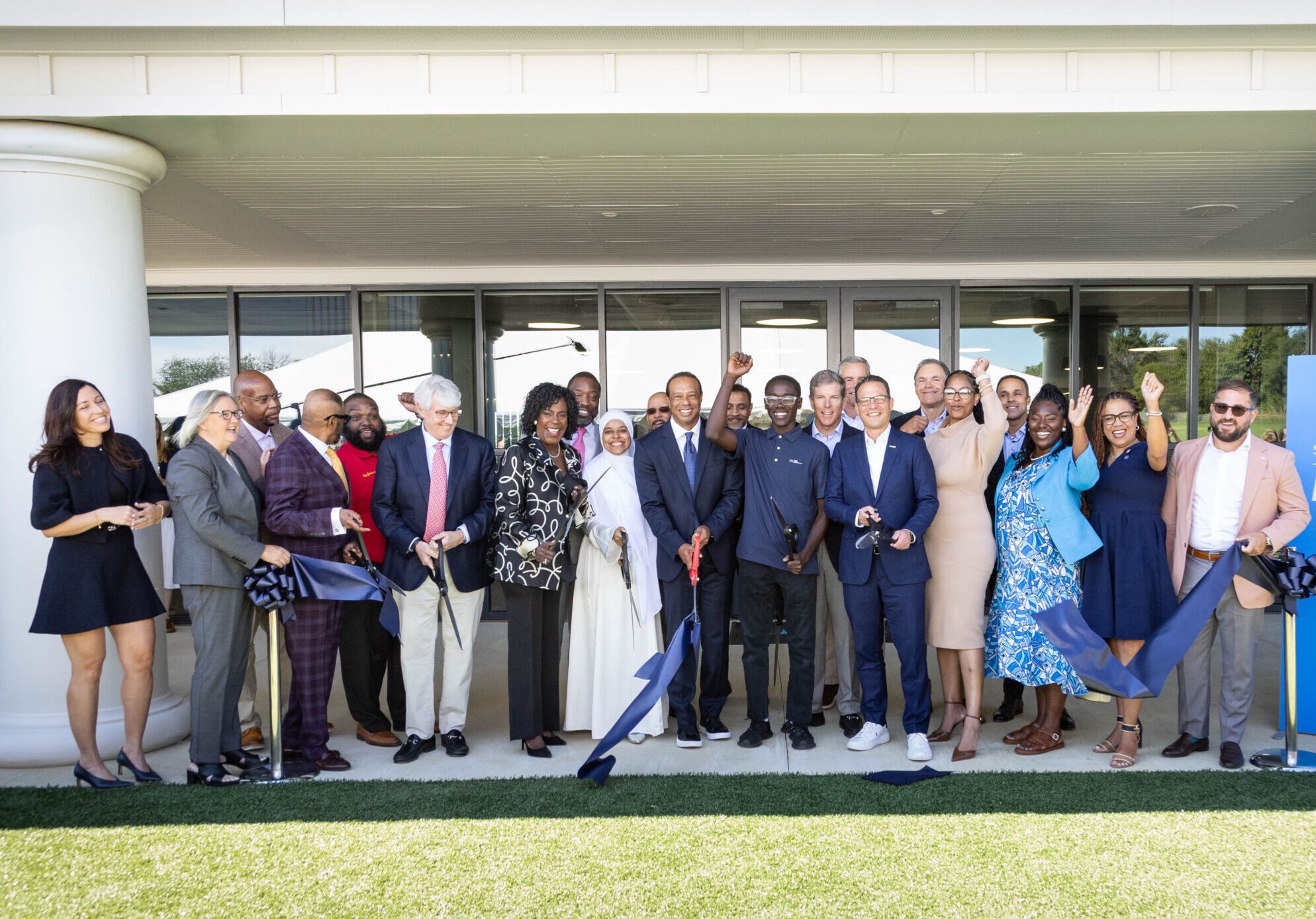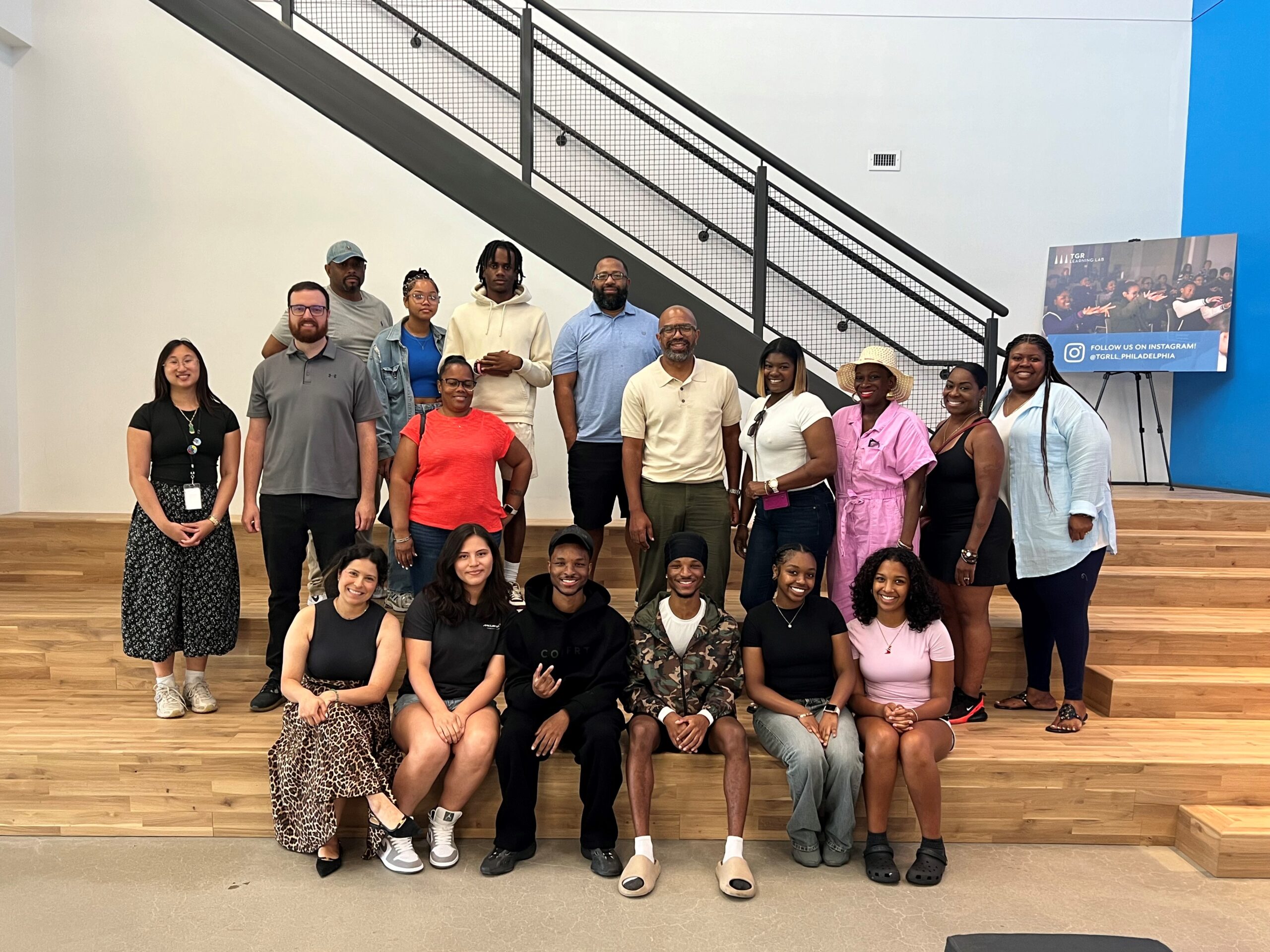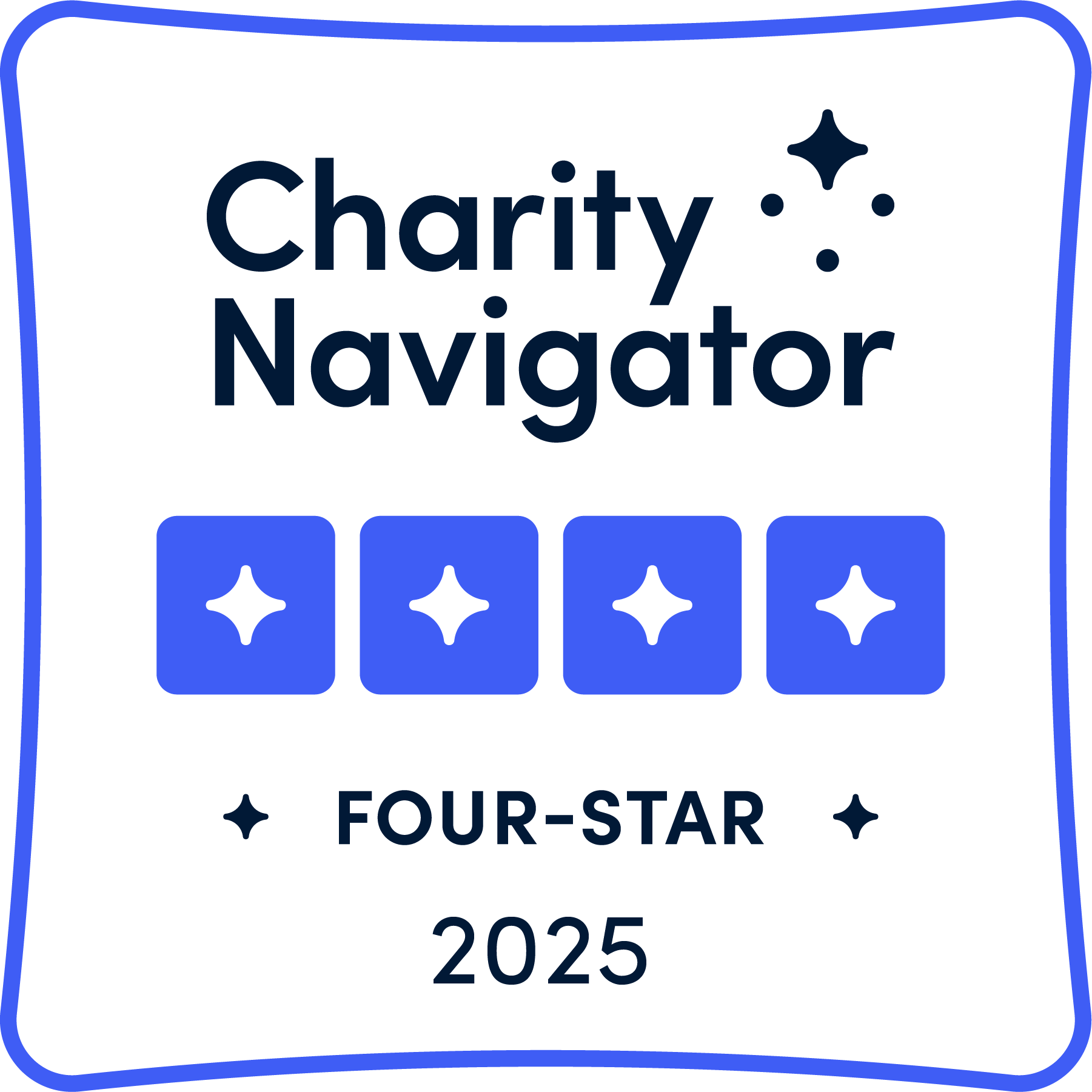We often read stories from the scholar’s point of view. In the final installment of the mentor series, Jeff Ikejiri trades consulting for guiding a scholar.
Jeff Ikejiri spent seven years as a practicing attorney and is now using his legal training to work as a consultant at RGP Consulting, which works with many of the top Fortune 500 companies.
As successful as he is in his field, he has chosen to increase his impact on the world by serving as a mentor for scholars in the Tiger Woods Foundation’s Earl Woods Scholarship Program.
The Earl Woods Scholarship Program (EWSP) provides a phenomenal support network for gifted young men and women, many of whom are first-generation college students, navigating through college as the first in their families to receive a college education.
The mentor experience
Thirty-three year old Ikejiri isn’t far removed from his own college experience. Ikejiri believes that has allowed him to better understand the challenge his mentee Tim in going through as an undergrad student at UCLA.
“My academic training is in law and since Tim hopes one day to be a Cardiothoracic surgeon, the mentoring I’ve done is more about life skills, and helping him grow as a person,” Ikejiri said.
What do you enjoy about being a mentor?
Ikejiri: “Being part of the life of such a talented and gifted person as Tim has been a great joy. Since our academic backgrounds are so different, my main goal with Tim has been to try and help him grow as a person. When he started at UCLA I had to kind of hold his hand. Showing him how to go get groceries or letting him know it’s okay to leave the library and have some fun, to becoming a well-rounded individual. It’s so gratifying to see him go from a shy and somewhat sheltered kid and mature into a successful and self-confident young man.”
What have you learned from your mentee?
Ikejiri: “Tim has taught me how to look at things from a different perspective. I have a different type of personality than he does so we approach things differently. Seeing how Tim has gone about taking on his various challenges has given me a better understanding of how I approach challenges in my life. Someday I may have kids of my own, and there’s a chance their personalities will be different than mine. Working with Tim has given me the chance to realize that and to be more able to help them deal with life.
Seeing him grow from this kind of sheltered, quiet kid, to someone who I think is going to be really successful no matter what he chooses has opened me up in ways I never imagined.”
Advice to give to other mentors?
Ikejiri: “Early on, try to encourage your mentee to be as open as possible. You want to find a way to connect with your mentee as quickly as possible so they trust you and are open to sharing things with you very quickly. It’s important to show them you are not just there as a professional or academic mentor but as a life mentor as well. Being able to give them the confidence that they can come to you when they have problems, very early on, I think is important to building that trust. And now I think I see Tim as more of a brother and hope that he can see me as a big brother that he can call upon when he needs.
I was fortunate because I was able to go meet his family in person, go and attend his church service and meet the people that are important in his life. To the extent you can do that as a mentor early on, I think that builds a level of trust I think is important.”





